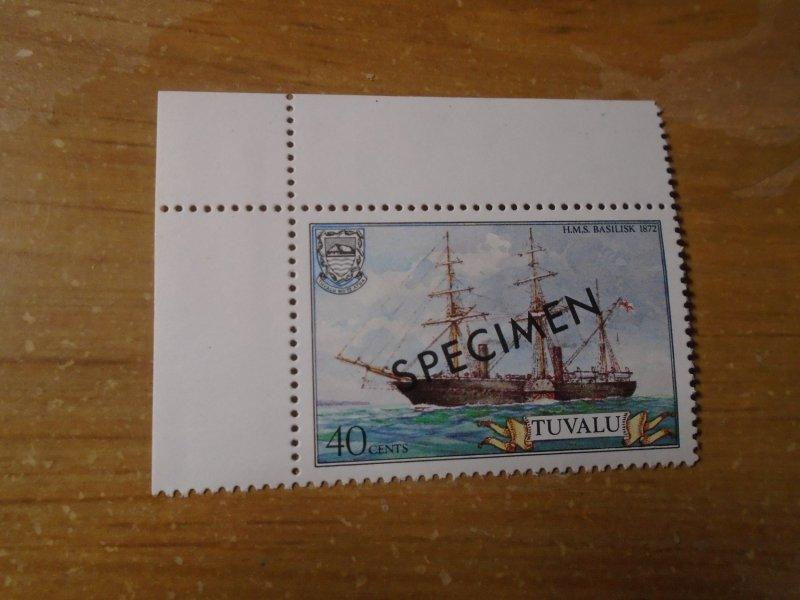Tuvalu’s Fight for Survival: Climate Change Forces First-Ever National Migration

A Nation at the Crossroads
The Pacific island nation of Tuvalu, home to approximately 10,000 people living across several tiny islets and atolls, is facing an unprecedented challenge. With no part of its territory above six meters, it stands as one of the world’s most vulnerable places to rising sea levels caused by climate change.
The Immediate Crisis
According to Prime Minister Feleti Teo, more than half of Tuvalu will be regularly inundated by tidal surges by 2050, and by 2100, 90% of the nation will be regularly under water. The expected impacts include coastal erosion, increased wave overtopping and flooding, and salinization of soils.
Historic Response: The Australia-Tuvalu Partnership
In a groundbreaking development, the Australia-Tuvalu Falepili Union treaty, which came into force in 2024, marks the world’s first planned migration of an entire nation. The agreement gives Tuvaluans the right to live, work and study in Australia with the same access to health benefits and education as Australian citizens. Visa recipients maintain the flexibility to return home as they wish.
Under this arrangement, 280 Tuvaluans can relocate to Australia annually from 2025 through a ballot system. The response has been overwhelming – within just four days of opening, 3,125 Tuvaluans, representing roughly one-third of the nation’s population, had registered for the visa program.
Adaptation and Resilience Initiatives
The Tuvalu government, in partnership with UNDP, is developing ‘Te Lafiga o Tuvalu’ (Tuvalu’s Refuge), a Long-Term Adaptation Plan. This comprehensive initiative envisions 3.6 square kilometres of raised, safe land with staged relocation of people and infrastructure, sustainable water supply, enhanced food and energy security, and essential facilities including government offices, schools, and hospitals.
Recent developments include a significant boost in May 2024, when Foreign Minister Wong announced $19.1 million in additional support to extend the Tuvalu Coastal Adaptation Project (TCAP), building on Prime Minister Albanese’s earlier commitment of $16.9 million, bringing Australia’s total contribution to $38 million. This funding will help address critical issues of overcrowding and limited infrastructure space.
